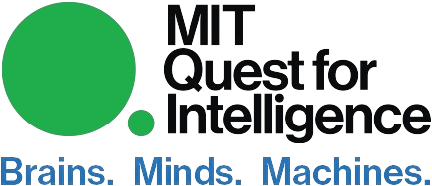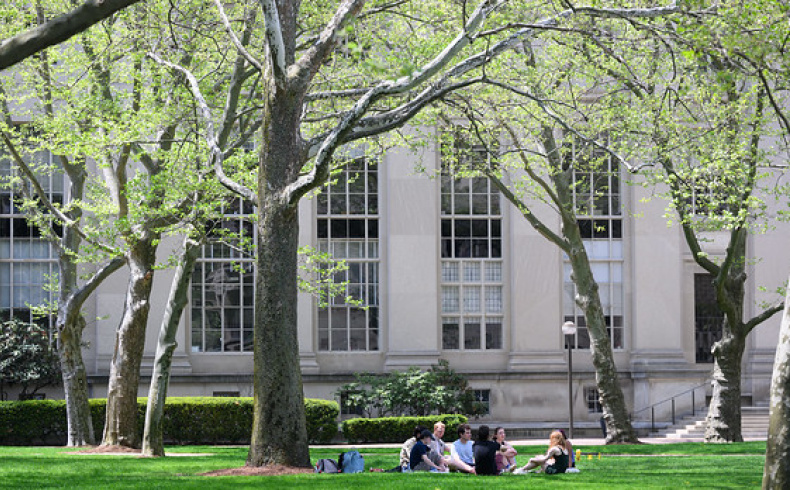Here’s what’s new at the Quest.
Our Roots: The Center for Brains, Minds, and Machines
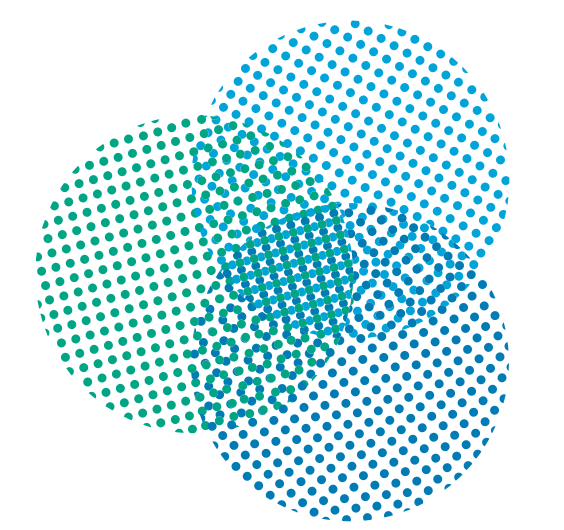
The Center for Brains, Minds, and Machines (CBMM) was funded by the NSF in 2013 as a science and technology center focused on the interdisciplinary study of intelligence and how it can be replicated in machines. After more than a decade of inspiring collaborative research, CBMM is winding down its funding.
The Science of Intelligence Learning Hub
Perhaps the greatest part of CBMM’s legacy is the wealth of educational resources for students and lifelong learners who are interested in the foundations of intelligence. Over the years, hundreds of students, faculty, and research staff from institutions around the world have been a part of CBMM. In 2023, friends and supporters gathered to celebrate CBMM’s scientific and educational impact over the years through lecture series, tutorials, and more.
The Brains, Minds, and Machines Summer Course
The jewel in CBMM’s crown may be the Brains, Minds, and Machines summer course. For three weeks in August, a select group of students from around the world come together to learn and innovate in Woods Hole, Massachusetts. Students who participate in this intensive learning experience come from different academic backgrounds and bring varied perspectives, completing collaborative research projects and making connections to shape their future careers. Alumni/ae of the program continue to lead the field as university faculty and industry professionals across the world. Thanks to generous donor support, this program will continue after CBMM formally closes.
Prof. Tommy Poggio's Impact
For many at MIT, Professor Tommy Poggio is synonymous with CBMM. He has been a mentor to generations of MIT students, and we are grateful for the role he has played in shaping our field through his research, academic advising, and most of all his friendship and support. In a video shared at our 2024 Matter of Minds conference, students and faculty shared their fondness for Tommy and his enduring legacy.
Video celebrating Prof. Tommy Poggio
Children Helping Science
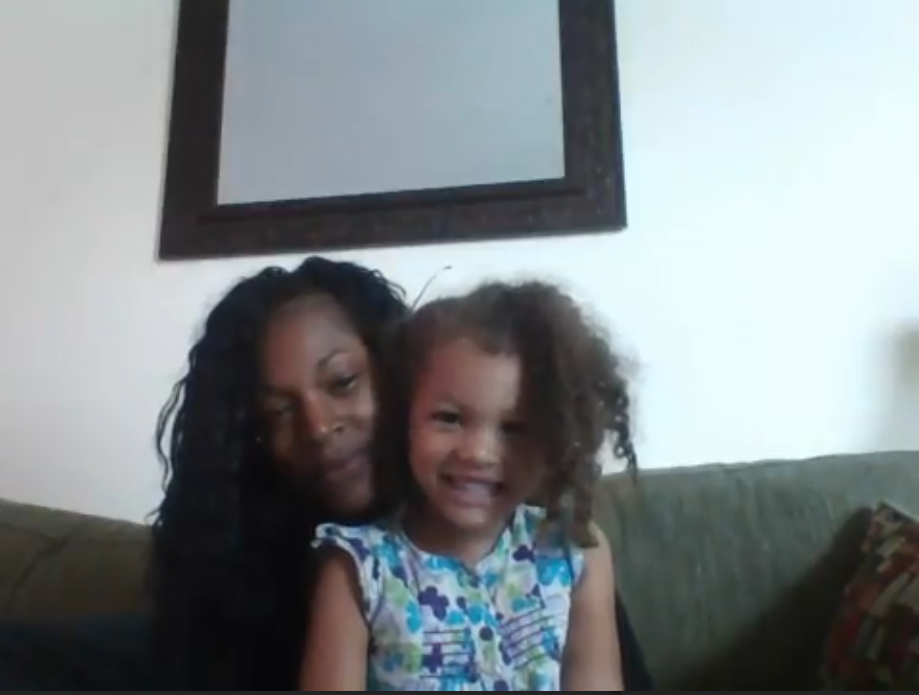
Children Helping Science is the preeminent platform for remote, automated, and video-based studies for developmental science, and is currently used by over 1,400 scientists from 150 institutions in 12 countries. Developed at MIT’s Early Childhood Cognition Lab and led by BCS Professor Laura Schulz, the platform connects families with infants and children to a network of scientists, creating a shared hub for finding and participating in research studies across institutions. The studies themselves are taken either as an automatic, self-paced browser experience recorded by the webcam, or during a video call with a researcher. Since its inception, Children Helping Science has hosted over 700 studies, making it one of the largest infrastructure efforts for remote child research globally.
To assist in the time-consuming process of annotating each of the videos of participants, the Quest for Intelligence’s Engineering Team worked with researchers at MIT to develop iCatcher, an AI-based tool that automatically tracks the child’s eye movement with nearly the same accuracy as a human researcher, but in a fraction of the time. This tool has allowed researchers to conduct and scale their research involving pre-verbal infants in a way that was previously impossible, and expands the types of studies possible for scientists utilizing CHS as a tool in their research.
Now Children Helping Science is raising funds for a new project: the ABC Lab. The ABC Lab will examine the efficacy of common educational apps, with results available immediately and transparently to the public. Through this initiative, CHS’ existing strong community of participating families will be able to participate in rapid-cycle, low-cost randomized control trials focusing on early literacy and numeracy to contribute to research into how effective educational apps are for children ages three to five. The lab will be led by Dr. Schulz as well as CHS’ Executive Director Dr. Melissa Kline Struhl.
Support Children Helping Science and the ABC Lab through the MIT Giving Site.
Celebrating our UROPs
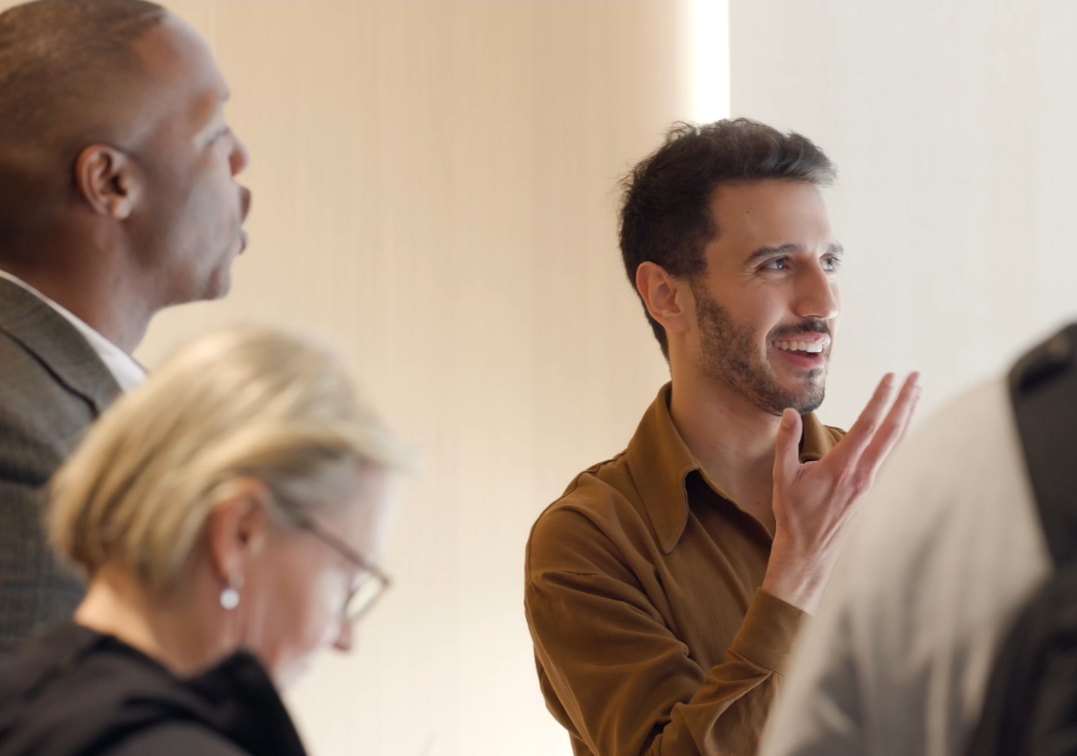 The Quest for Intelligence supported eight UROPs working on projects under the Embodied Intelligence and Language Missions as well as the Brain-Score Platform during the 2024–2025 academic year. Read more about each of this year's UROP projects on our website.
The Quest for Intelligence supported eight UROPs working on projects under the Embodied Intelligence and Language Missions as well as the Brain-Score Platform during the 2024–2025 academic year. Read more about each of this year's UROP projects on our website.
